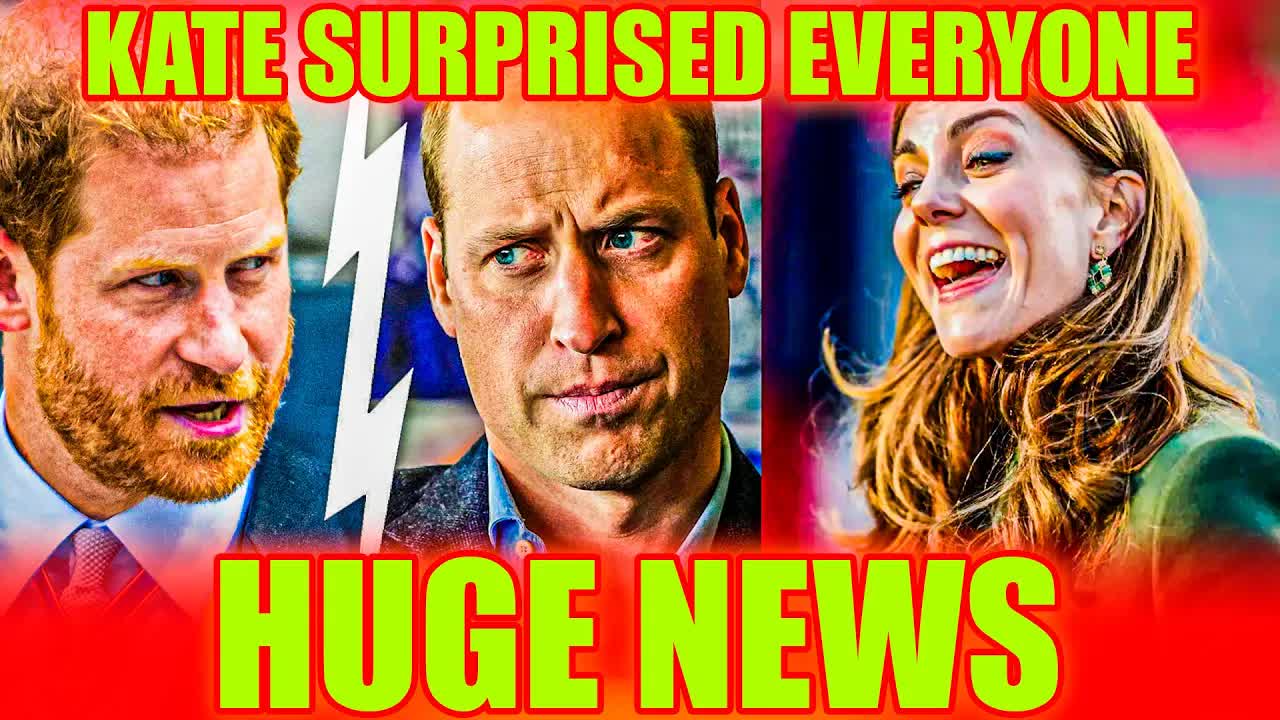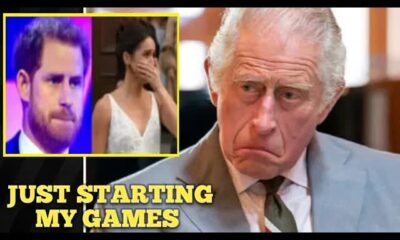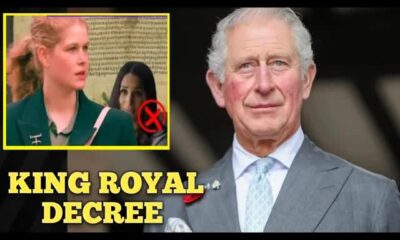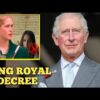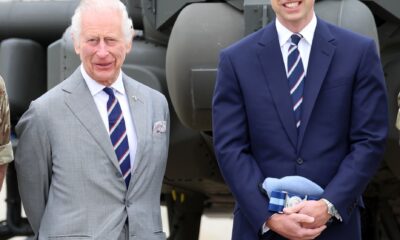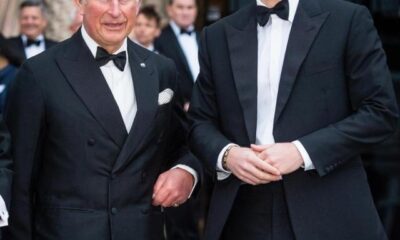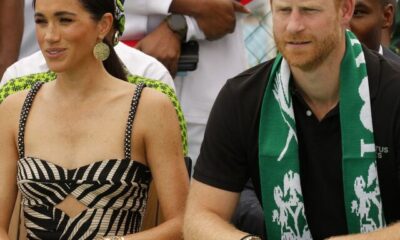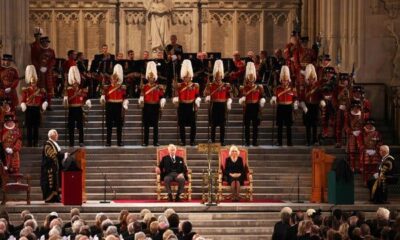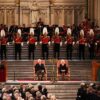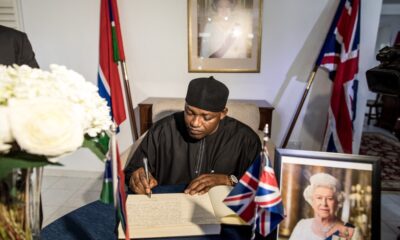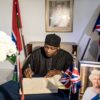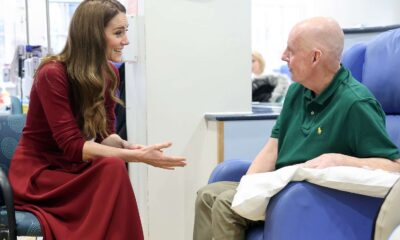The News
King Charles’ Ultimatum: A Royal Education Showdown
In a surprising turn of events, King Charles has reportedly issued an ultimatum regarding the future education of Prince George, the eldest son of Prince William and Princess Catherine.
This decision, influenced by Queen Camilla, emerged during the royal family's New Year's Eve gathering at Sandringham, leaving many in the royal household reeling.
According to insiders, the king's demand has sparked a significant rift within the family, particularly affecting Prince William and Princess Catherine.
As Prince George approaches his twelfth birthday, a pivotal age in royal tradition, King Charles believes it's time for him to attend a prestigious boarding school.
This belief is rooted in the long-standing customs of the British monarchy, which Charles feels are essential for shaping future leaders.
However, this traditional perspective clashes sharply with the more modern parenting style embraced by the Prince and Princess of Wales.
The tension escalated further when reports surfaced that Camilla's advisors have sided with King Charles, complicating the situation.
William and Catherine, who view their son's education as a deeply personal matter, are said to be frustrated by what they perceive as interference from Camilla's camp.
This added layer of complexity highlights the delicate dynamics at play within the royal family.
In addition to the educational demands, King Charles has also requested that Prince George and his siblings travel separately in cars.
This request aligns with royal protocols aimed at safeguarding the line of succession, but it has left William and Catherine feeling disheartened.
The couple cherishes their family time and finds joy in traveling together, which makes this new restriction all the more difficult to accept.
King Charles' insistence on a traditional boarding school experience for Prince George stems from his own upbringing.
Having attended Cheam and Gordonstoun, Charles believes that these institutions instilled resilience, discipline, and a sense of duty—qualities he deems vital for a future king.
His experiences shaped his character, leading him to view boarding school as a rite of passage for royal heirs.
Conversely, William and Catherine advocate for a more balanced approach to parenting.
They prioritize their children's emotional well-being and strive to create a nurturing environment.
Catherine, in particular, champions the idea of keeping George connected to his family, favoring day school over boarding school to avoid isolation.
She aims to foster a well-rounded personality in her children, emphasizing empathy alongside academic success.
Caught between two worlds, Prince William grapples with the contrasting views of his father and wife.
His own experiences at boarding school have informed his understanding of royal duty, but his relationship with Catherine has shifted his perspective toward a more modern approach to parenting.
He recognizes the importance of mental health and strives to protect his children from undue stress, seeking a balance between tradition and contemporary values.
The influence of Camilla's advisors cannot be overlooked in this debate.
Allegations suggest that their support for King Charles' traditional stance has intensified the existing divisions within the royal family.
William and Catherine's frustration grows as they perceive this as an infringement on their parental authority, further complicating an already tense situation.
Public opinion surrounding this royal schism is divided.
Supporters of King Charles argue that adherence to tradition is crucial for the monarchy's stability, believing that boarding school will equip George with the necessary resilience for royal life.
On the flip side, advocates for William and Catherine's approach argue that a modern upbringing will produce a more relatable and flexible monarch, capable of connecting with the public in meaningful ways.
Prominent royal experts have weighed in on the issue, highlighting the broader implications for the monarchy.
Historian Robert Lacey points out that King Charles' reliance on tradition reflects a desire to uphold the monarchy's legacy.
In contrast, psychologist Dr. Jane Andrews emphasizes the importance of emotional intelligence in leadership, advocating for a more holistic upbringing that nurtures personal identity.
This ongoing debate over Prince George's education is more than just a family disagreement; it underscores the challenges facing the monarchy as it navigates the delicate balance between tradition and modernity.
The decisions made by King Charles, William, and Catherine will not only shape George's future but also influence public perception of the royal family.
As the royal family strives to find common ground, the possibility of a compromise emerges.
A hybrid approach that incorporates both traditional academic rigor and contemporary values could pave the way for a solution that satisfies all parties involved.
Ultimately, the choices made in this pivotal moment will resonate through the monarchy for generations to come, determining its ability to adapt while maintaining its historical roots.


